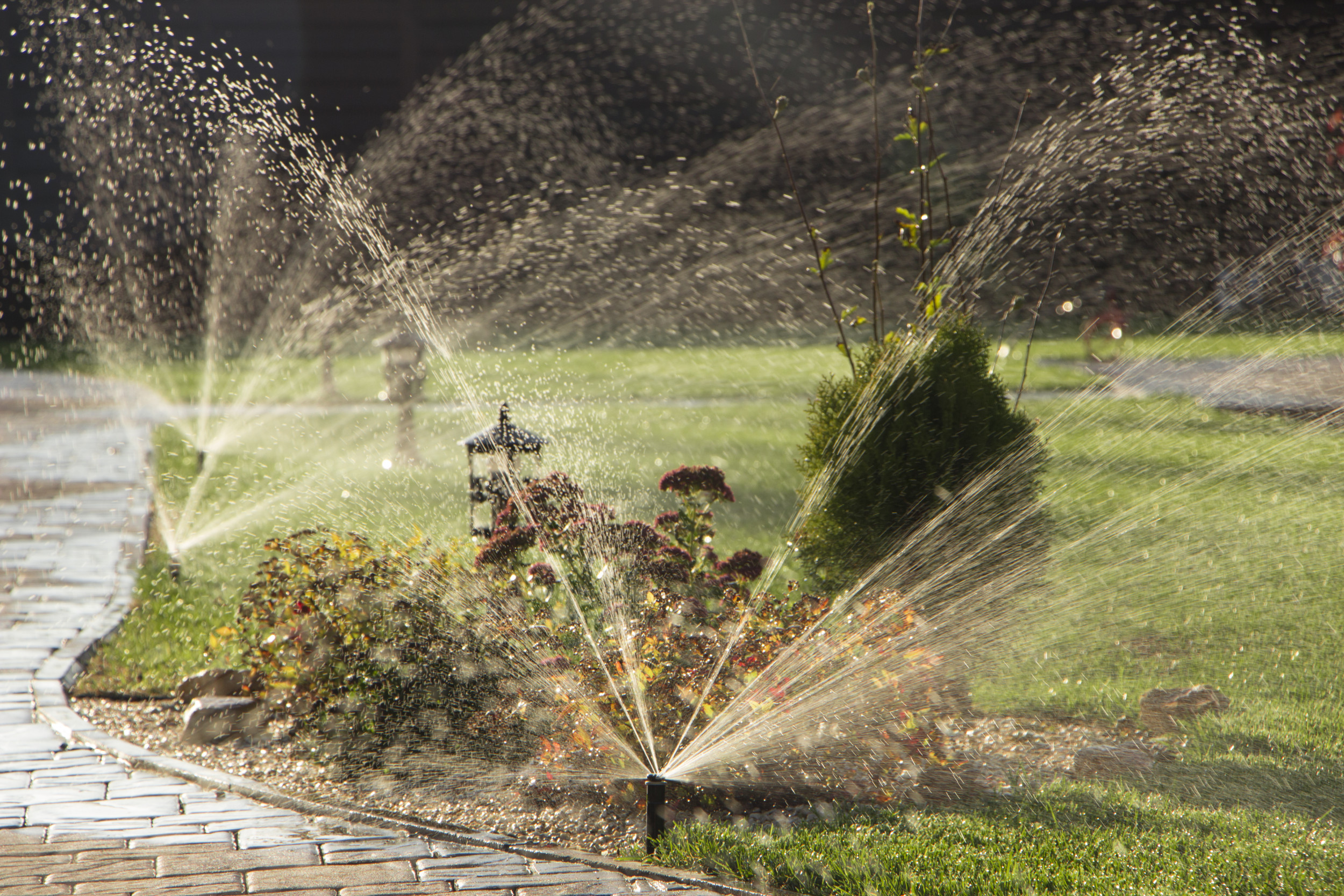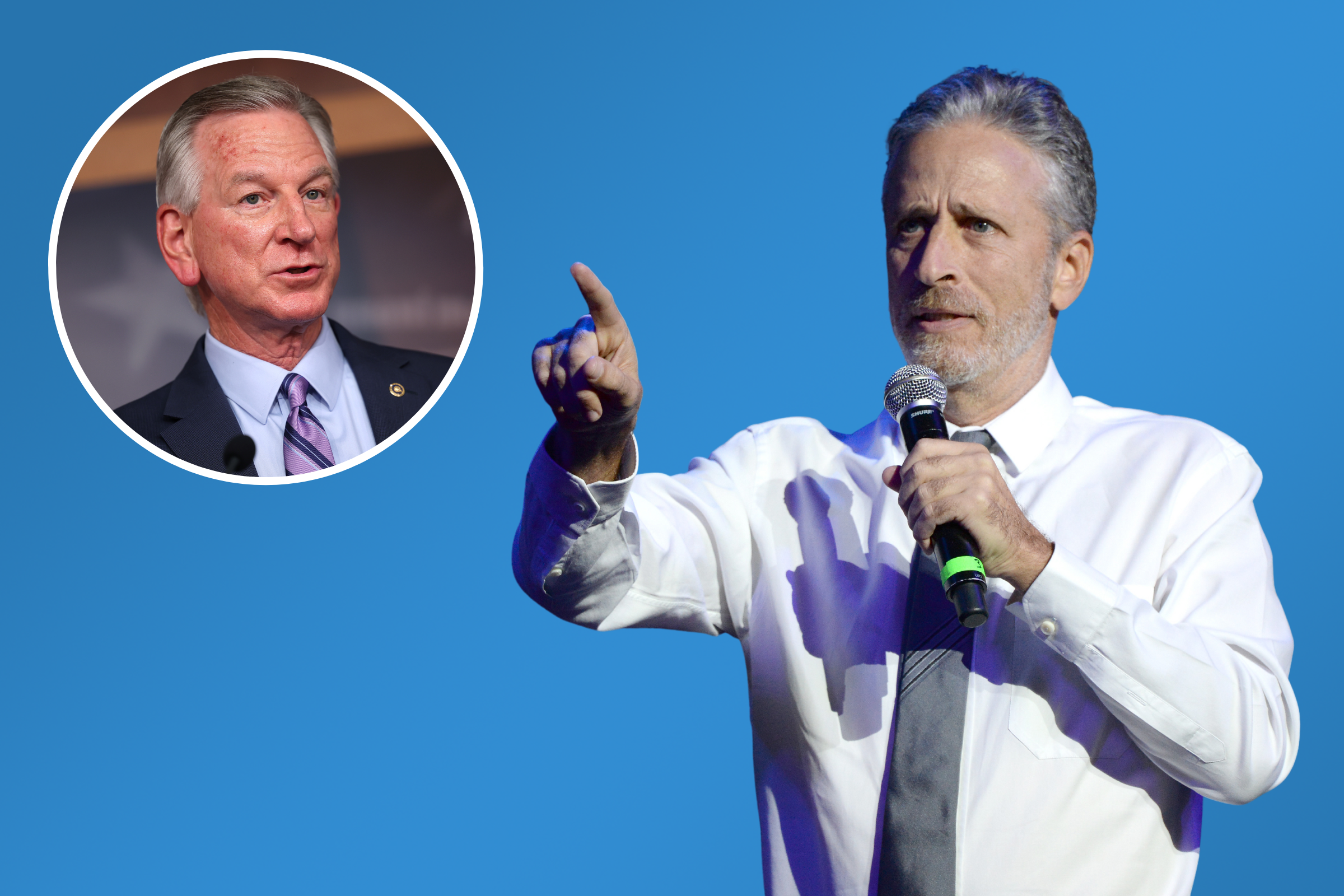Russia's economy may have taken a few punches but it is far from being knocked out by sanctions following Vladimir Putin's aggression, with one expert telling Newsweek that measures to truly hurt the Kremlin came eight years too late.
After GDP shrunk by 2.2 percent in 2022—much less than the 10-15 percent annual drop some had predicted early in the war—economists believe that instead of growth, Russia faces a decline in 2023.
But Putin is not yet reeling from what United States President Joe Biden had threatened would be "economic consequences like none he's ever seen."
More than 3,000 individuals and entities targeted by the U.S. alone have made Russia the most sanctioned country "in human history," according to the Free Russia Foundation economics think tank.

With a large chunk of its hard currency reserves frozen, sanctions on financial institutions, and the country being kicked out of the SWIFT international payments system, there were fears among Russians at the start of the war of financial turmoil, a ruble crash and cash shortages.
But the collapse of the economy and a run on the banks akin to what happened in 1998 when Russia defaulted on its debt has not materialized.
This was helped in part by Russia's central bank acting quickly to close down markets, hike interest rates to 20 percent and restrict currency exchange. But Russia also had the best part of a decade to steel itself for sanctions following its illegal annexation of Crimea from Ukraine in 2014.
"Had the West applied all these sanctions in 2014 after Crimea, then the economy would have collapsed because it would have been a total shock," Chris Weafer, chief executive officer of strategic consultants Macro Advisory Ltd. told Newsweek. "But each year preparing and living with sanctions has made them resilient. It clearly has been a lot more resilient than had been expected."
The seizure of Crimea nine years ago focused minds among European governments to wean themselves off Russian energy dependency but there was little genuine action until last year, giving Moscow time to diversify its main exports. China went from buying little energy from Russia in 2014 to being its biggest oil and coal customer by 2021.
Weafer said that also benefitting Putin over a sanctions-battered 2022 was the structure of Russia's economy. Relatively unchanged from Soviet times, the state and state companies comprise around two-thirds of GDP, and SMEs (small and medium-sized enterprises) around only a fifth.

While this structure is detrimental to growth, it can act as a stabilizer during bad times, and this was shown during the COVID shutdown.
"This meant that as the Russian government earned more money from its key energy exports, it was able to channel that money into state corporations instead and enterprises," Weafer said. "This supported those companies and key parts of the economy and employment linked to the state."
Companies that left had to work with the Russian government to ensure that their exits didn't cause any distress to the economy and ownership was transferred to local management or to a local buyer on an ongoing basis.
"The government provided subsidies to make sure that there would be no shutdown in big employers and regions," Weafer said.
Parallel imports
Parallel imports of non-sanctioned goods and trade with countries that refrained from punishing Russia had an impact. Russia has also been successful in moving a lot of products to Asian markets at discounts such as India, China and Turkey.
"The longer the sanctions regime remains, we're going to start seeing a deterioration but the difference is that we're not going to see a collapse in the Russian economy. I think that threat has now passed," said Weafer.
Last month, the International Monetary Fund (IMF) predicted that the Russian economy would rebound slightly this year to 0.3 percent growth and the following year, even achieve higher growth than the U.S., which has led the charge to financially isolate Russia.
Olga Bychkova, an economist at Moody's Analytics, told Newsweek that larger growth in the Russian economy than in the U.S. in 2024 would not be unusual, as following any recession, "emerging economies often grow faster while recovering than advanced economies."
Labor shortages
However, Bychkova believes the IMF has overestimated how Russia's economy would perform, with Moody's predicting that it would contract a further 1.25 percent in 2023. This would be due to the full implementation of European Union oil embargos and the reduction of natural gas exports by Russia's shutoff of deliveries via the Nord Stream 1 pipeline.
She said that growth would resume in 2024 with modest consumption growth and a marginal recovery in exports as Russia reorients its trading relationships.
"The capacity to expand production in the Russian economy is largely limited by labor market conditions," Bychkova said, with unemployment at a record low and labor shortages increasing in many industries amid the effects of the partial mobilization.
"The Russian economy is still not out of the woods and further contraction is extremely likely," she added.

This exodus of Russians since the start of Putin's invasion, either to avoid the draft, oppose the war or seek better prospects abroad, showed the disconnect between economic data and the quality of life for the average citizen, said Konstantin Sonin, a Russian-born economist.
A professor at the University of Chicago Harris School of Public Policy, Sonin gave a lecture in Moscow the day before the invasion on February 23, 2022. Fearing arrest, the Putin critic gave up a planned sabbatical in Russia and returned to Chicago.
"In terms of quality of life, the national economy has suffered greatly. In terms of GDP it has not suffered that much," Sonin told Newsweek, pointing out that the level of growth was only a crude measure of the health of Russia's economy.
"This is something similar to the Soviet times when there were queues for basic foods and the GDP was, was quite high because the Soviet Union was investing in military production at enormous levels," he said.
"Suppose that you're like a doctor and you're brought a patient who is barely breathing. You measure temperature and the temperature is fine. Does it mean that the person is actually healthy? No, it just means that temperature is not a good indicator of what is going on."
Uncommon Knowledge
Newsweek is committed to challenging conventional wisdom and finding connections in the search for common ground.
Newsweek is committed to challenging conventional wisdom and finding connections in the search for common ground.
About the writer
Brendan Cole is a Newsweek Senior News Reporter based in London, UK. His focus is Russia and Ukraine, in particular ... Read more
To read how Newsweek uses AI as a newsroom tool, Click here.





